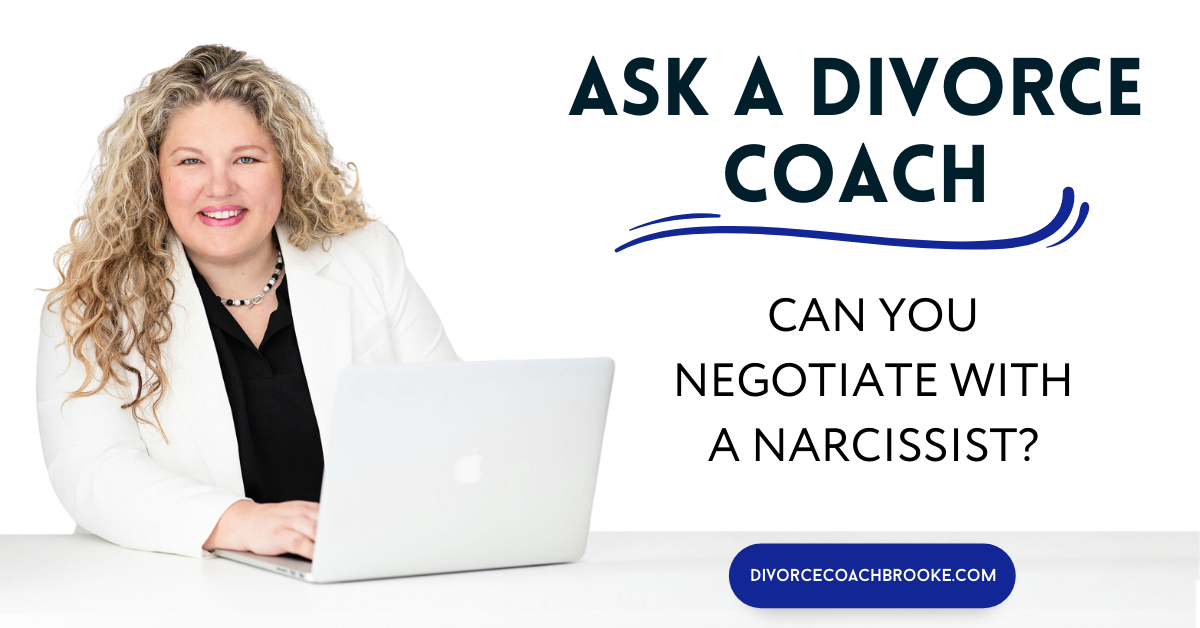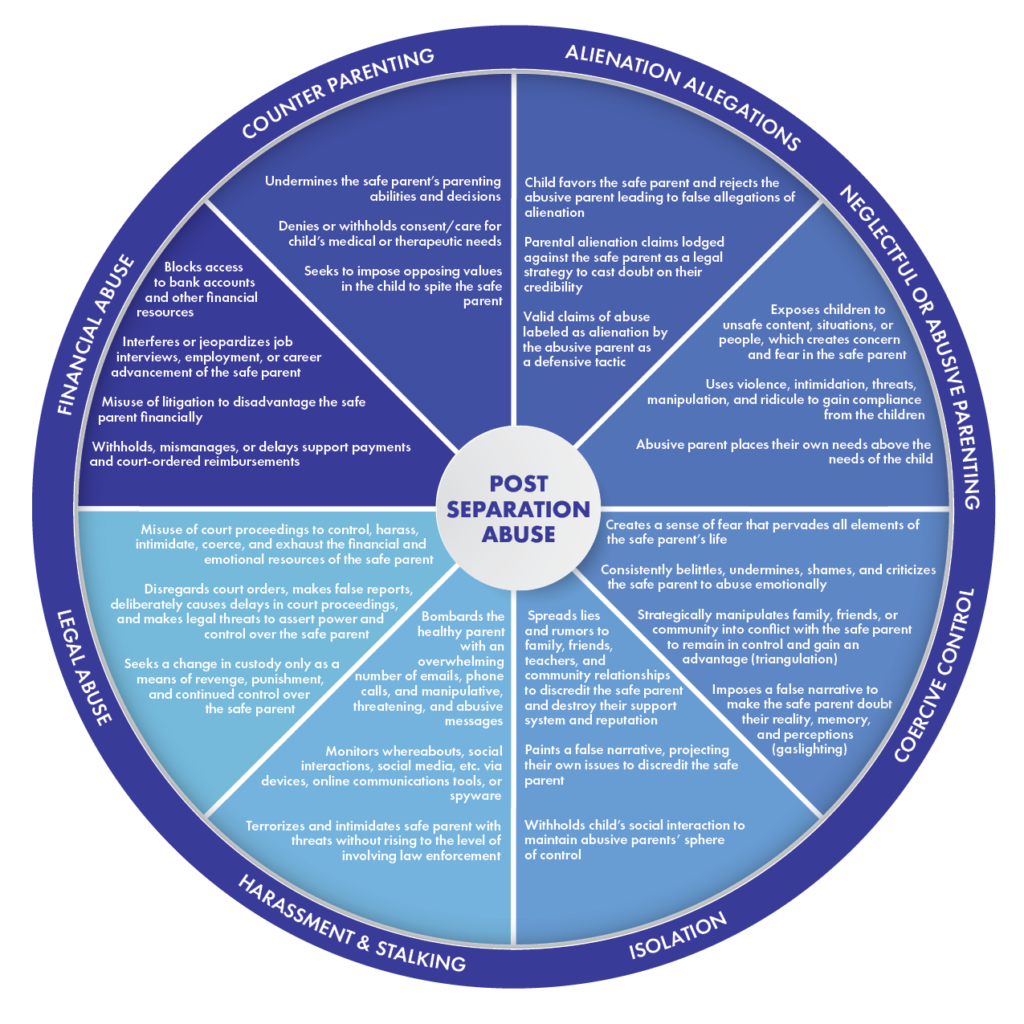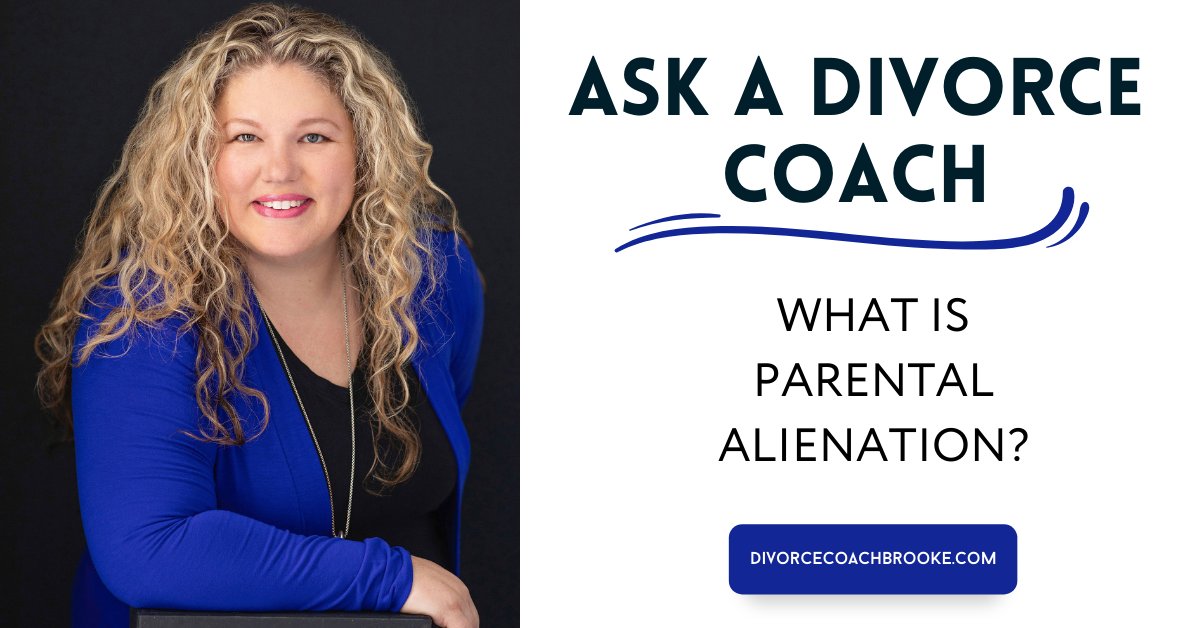Dear Brooke,
My kids visit their dad every other weekend. Last weekend, my eight year old son came home from the visit calling me a bitch and said that I was a manipulator. I am so hurt and confused. What can I do to make this stop?
Signed,
A Confused Mom


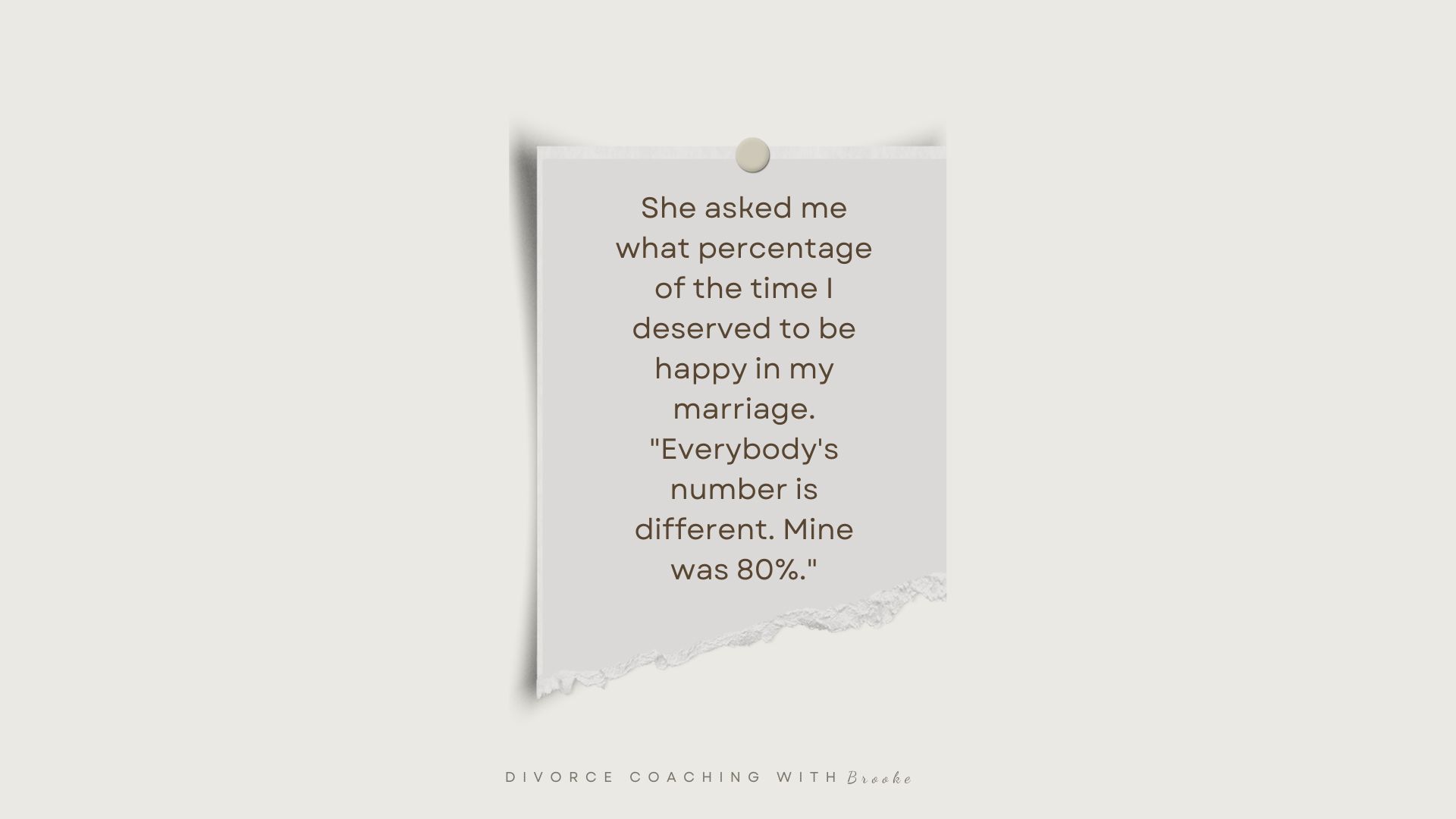
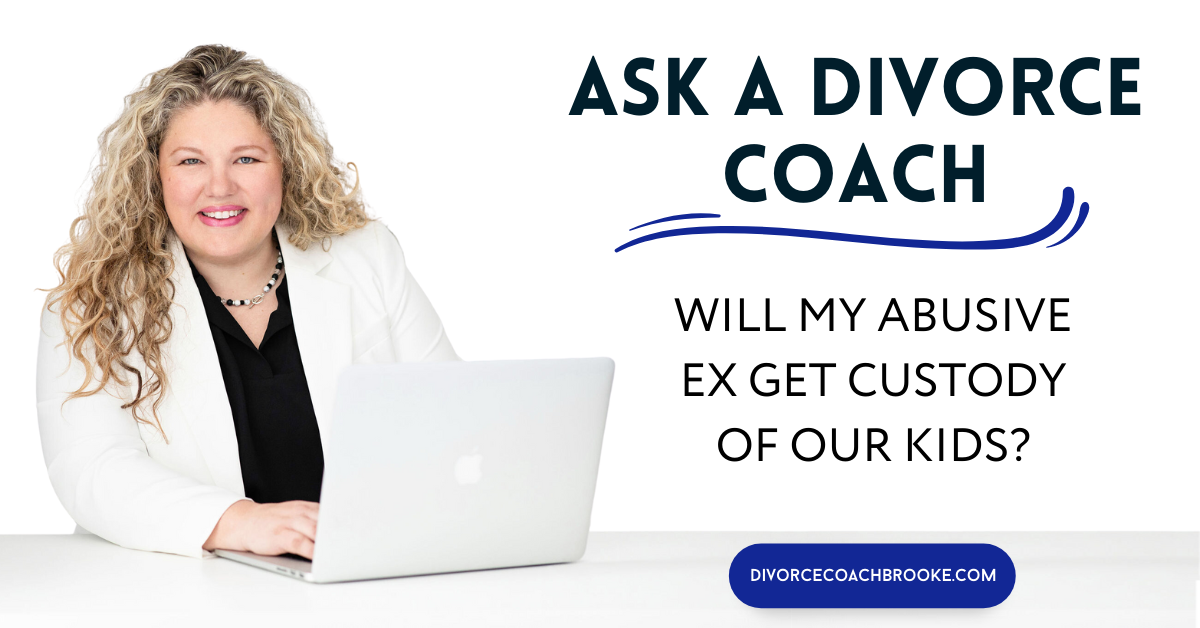
 This has been one of those weeks where the reality of family court slams headfirst into logic and common sense. I’ve had a couple of conversations with mothers who believe that the evidence they have of domestic violence and abuse will be enough to protect their children and ensure they have primary custody.
This has been one of those weeks where the reality of family court slams headfirst into logic and common sense. I’ve had a couple of conversations with mothers who believe that the evidence they have of domestic violence and abuse will be enough to protect their children and ensure they have primary custody.